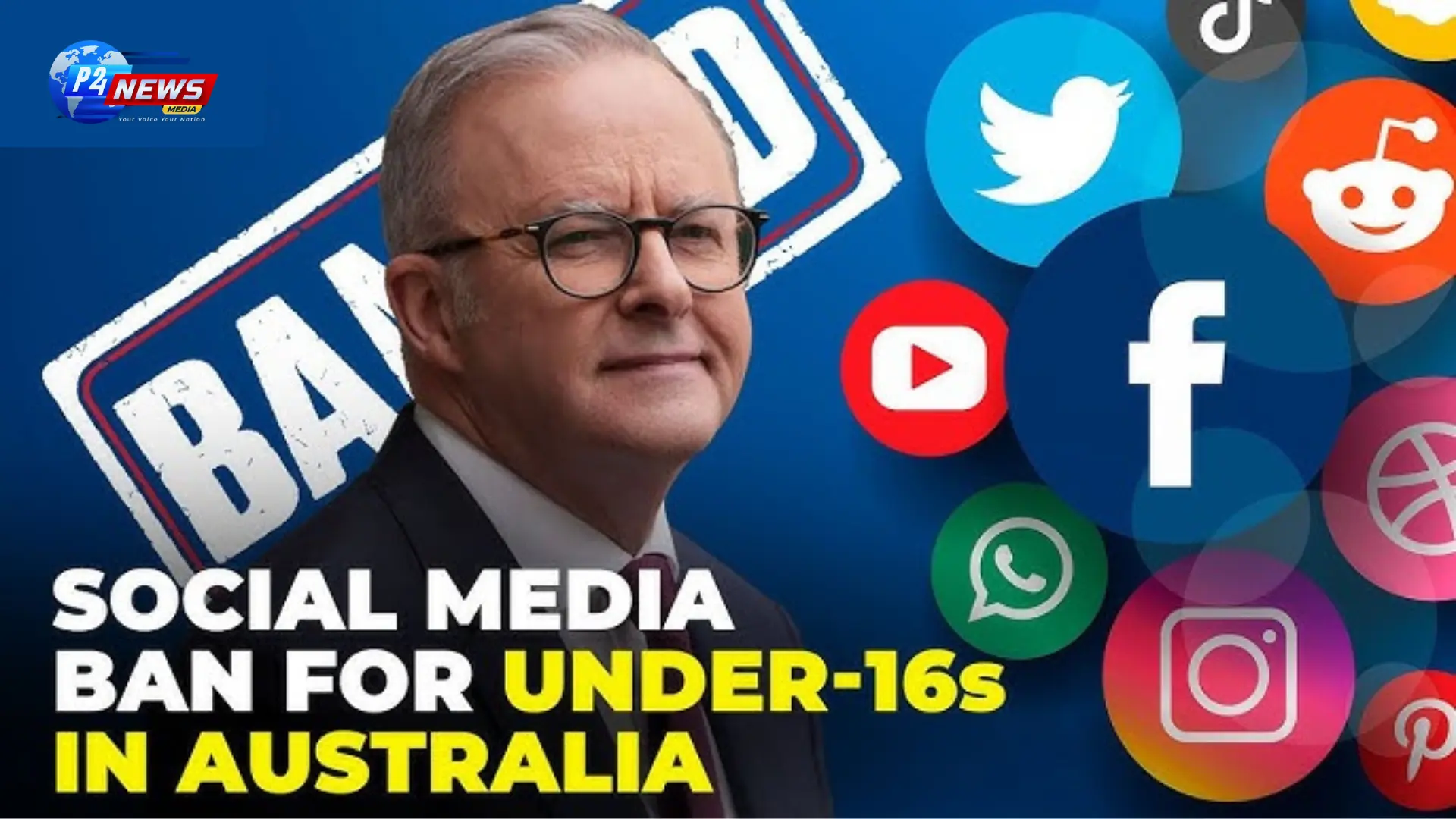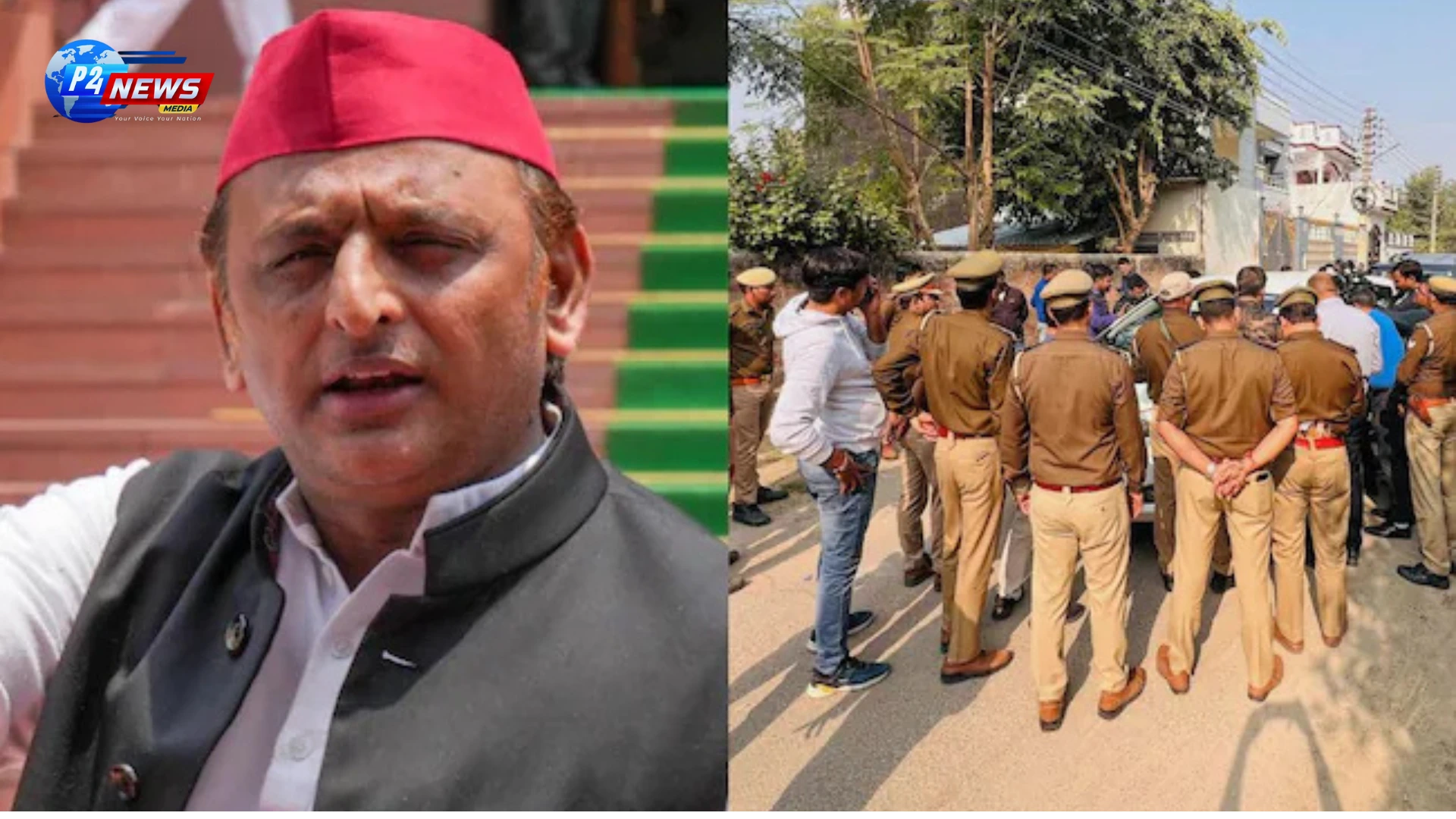Australia's parliament enacts a pioneering law aimed at banning social media access for children under 16, sparking concerns over unintended consequences and rushed processes. Critics warn that this action could exacerbate issues rather than resolve them.
In a historic move, Australia has enacted legislation to prohibit individuals under the age of 16 from using social media platforms. This unprecedented decision, celebrated by some as a protective measure for youth, raises numerous questions regarding its execution and potential repercussions. The law was introduced by Prime Minister Anthony Albanese, who cited compelling evidence linking social media usage with deteriorating mental health among young Australians.
On Thursday, the Australian Senate passed the bill with a vote of 34 to 19, marking a significant step in the realm of online safety for minors. However, the hasty nature of the bill's passage has prompted concerns from experts and advocacy groups alike. Many observers fear that this prohibition could inadvertently drive teenagers towards less safe online environments, such as the dark web, or exacerbate feelings of isolation among youths.
Though the bill imposes heavy penalties of up to AU$50 million (approximately US$32 million) on social media companies that fail to comply, it lacks detailed implementation guidelines. Companies are merely expected to enact reasonable measures to verify the ages of their users. The specifics surrounding the technology that will be used for age assurance are expected to be fleshed out by mid-2025, but the law itself will not take effect for another year.
Notably, several prominent platforms—including Snapchat, TikTok, X (formerly Twitter), Instagram, Reddit, and Facebook—are likely to be impacted, while YouTube is exempted due to its educational role. Nevertheless, the ambiguity surrounding which companies will be bound by this legislation has left many in the tech industry scratching their heads.
The introduction of the bill was rapid, occurring just days before the parliamentary calendar's conclusion. In a single day, the proposal garnered an astonishing 15,000 submissions. Human rights organization Amnesty International advised against the bill, warning that isolating young users could undermine the government's goal of enhancing their lives.
The bill drew heightened public attention after Elon Musk, the owner of X, shared a tweet from Albanese about the impending legislation, labeling it a “backdoor way to control access” to the internet for Australians. Subsequent media reports indicated that most of the submissions received were generic responses, with only a fraction originating from organized interest groups.
Support for the ban seems to be on the rise, as a recent YouGov survey reported that 77% of Australians now favor the legislation, compared to 61% just a few months earlier. State leaders across Australia have shown unanimous support, although there are calls from some, like Tasmania’s leader, to consider a lower age limit of 14 instead of 16. The federal opposition has pledged to enact a similar ban within 100 days if victorious in the next elections.
Despite the apparent public backing, a coalition of 140 experts has released an open letter expressing concerns that the ban represents an overly simplistic solution to a multifaceted issue. They argue that such restrictions could simultaneously introduce new risks for children and infringe on their rights to access and participate in online communities. The Australian Human Rights Commission has also expressed grave concerns over the potential ramifications of this law on the rights of young individuals.
A UK study, cited by the government to support the legislation, has been dismissed by one of its authors, who claims the Australian government has misinterpreted the research findings. Independent MP Andrew Wilkie articulated his change of heart regarding the ban in a Guardian Australia article, emphasizing the absence of youth voices in the ongoing discussion.
Christopher Stone, head of Suicide Prevention Australia, poignantly stated that the government appears to be “running blindfolded into a brick wall.” He advocates for a more deliberative approach, emphasizing the need for comprehensive consultations with stakeholders to ensure the well-being of young people is prioritized in any legislative efforts.
As Australia embarks on this uncharted path in social media regulation, the critical question remains: will this bold step safeguard the mental health of its young citizens, or will it ultimately lead to more problems than it solves?
















Comments 0